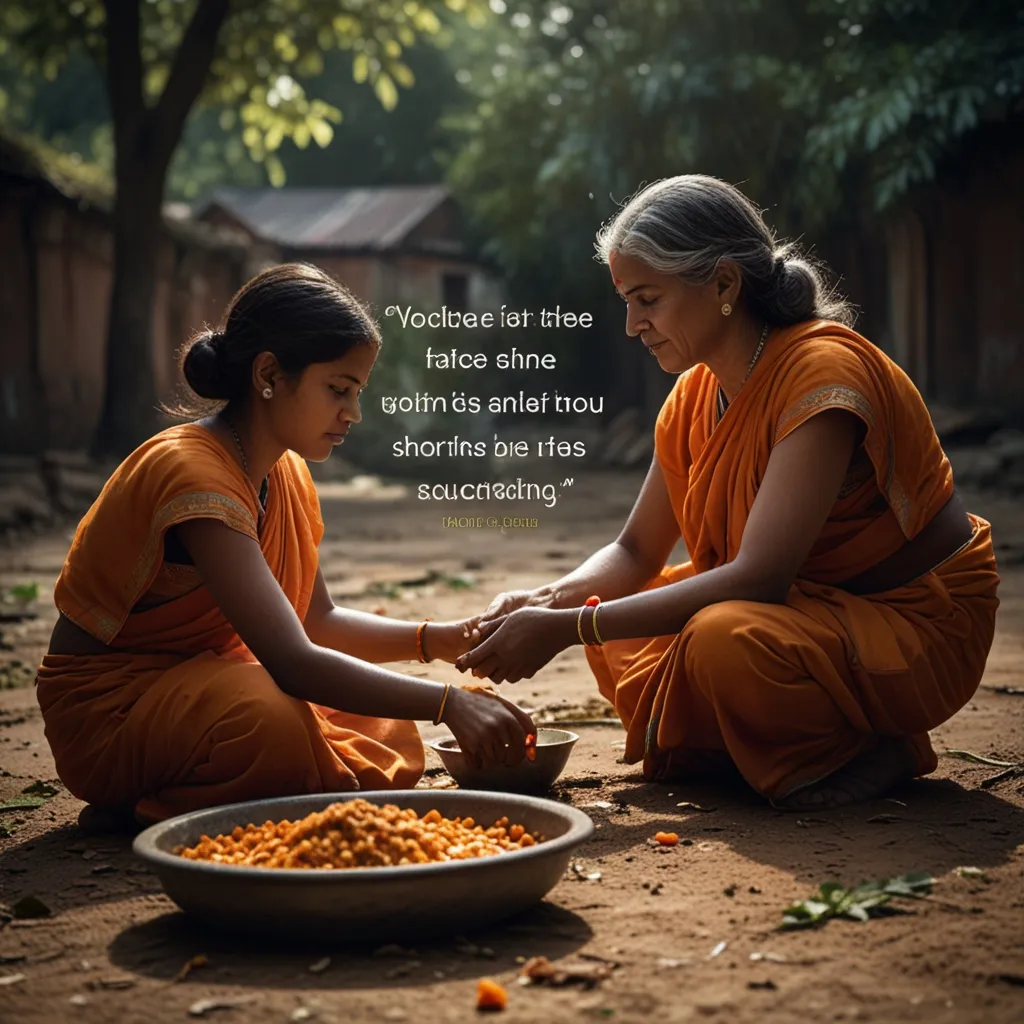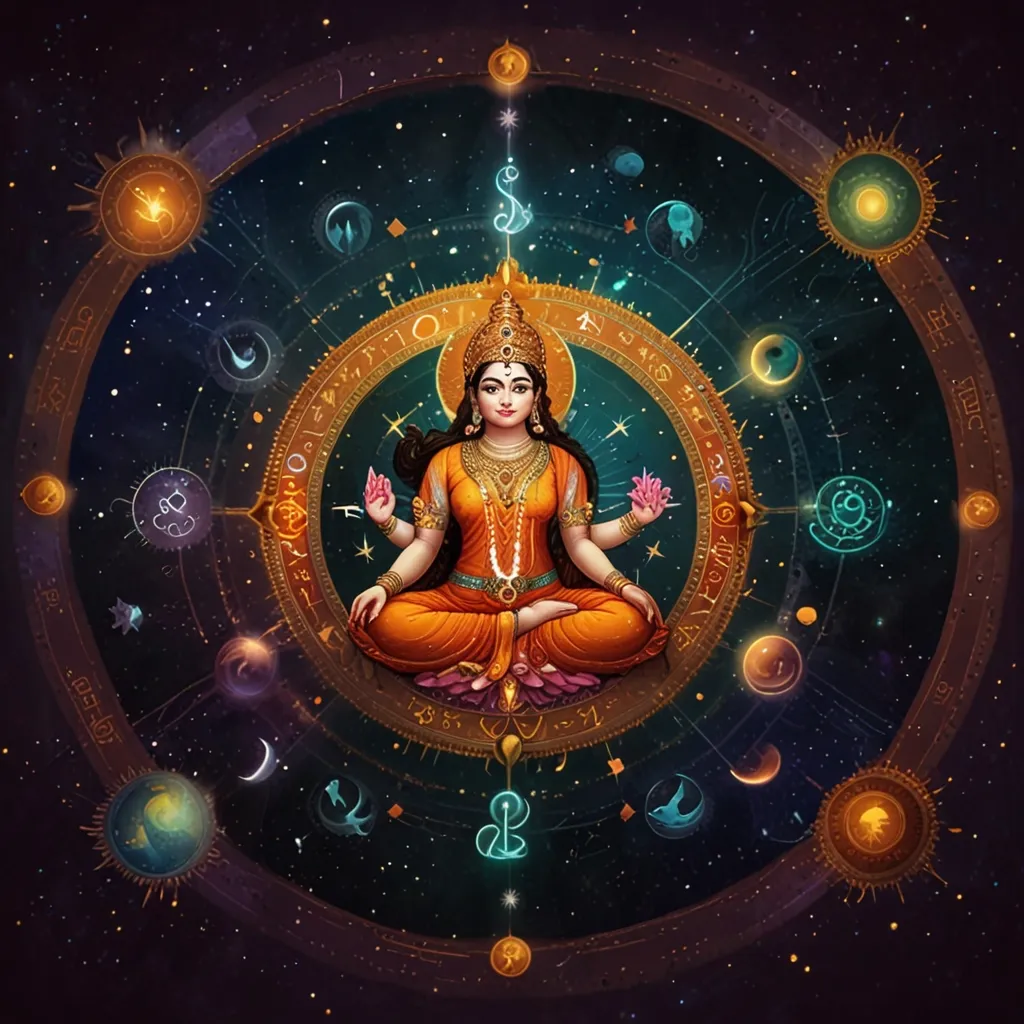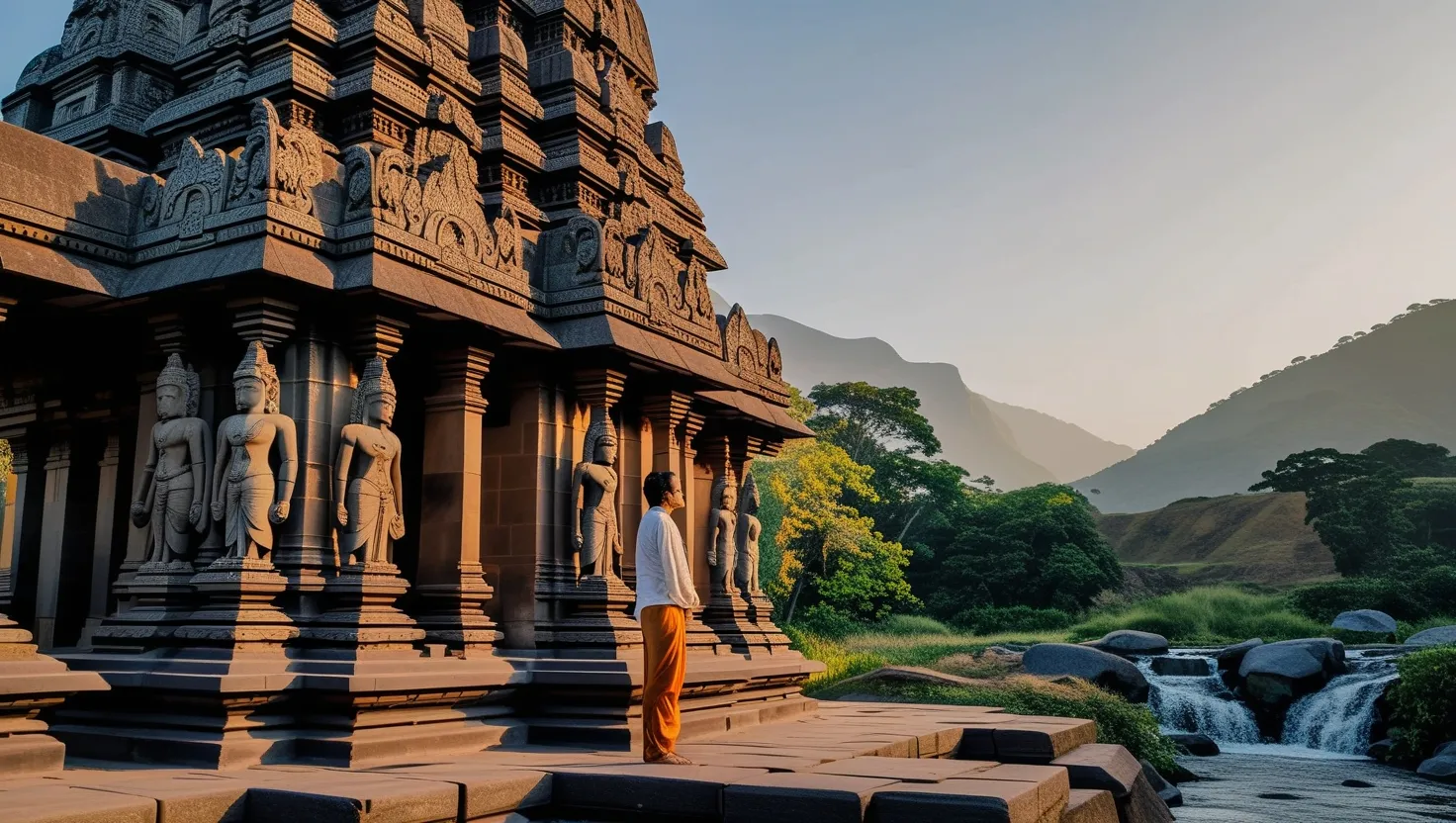Alright, let’s hop into the fascinating world of Seva. So, in Hinduism, Seva means selfless service. It’s when you help others—whether it’s people or animals—without expecting anything in return. It’s more than just a nice thing to do; it’s considered a duty and a major principle of humanity that goes beyond just religious obligations.
Seva is about putting someone else’s needs before your own. You sacrifice a bit of yourself for the good of others, fostering compassion, humility, and a deep sense of connection. It’s a big deal in many Indian spiritual traditions as a path to achieving spiritual liberation. Doing Seva purifies your heart and aligns you with the bigger, divine picture.
You’ll hear Seva talked about alongside karma yoga in Hindu philosophy. This basically means doing things for others without getting hung up on the results. The disciplined action of karma yoga helps build humility and compassion. There’s also bhakti yoga, which is about serving others to show devotion to a higher power. Both forms of Seva aim to deepen our sense of unity and belonging.
But hey, Seva isn’t just about huge, heroic acts. It’s something you can incorporate into your daily life with little gestures. Think of it as offering a helping hand, lending an ear, or doing random acts of kindness without expecting anything in return. Volunteering, sharing what you have, and working towards the betterment of society all count as Seva.
The importance of Seva shines bright in Hindu scriptures. The Bhagavad Gita praises the virtues of selfless service and says that doing your duties with a spirit of Seva leads to spiritual liberation. The Upanishads even call Seva the highest form of worship, stating that serving others with love brings you closer to the divine.
Seva covers a wide range of actions aimed at reducing suffering and improving well-being. This can mean feeding the hungry, helping the sick, providing shelter, or uplifting those who are marginalized. It also extends to broader societal contributions like education, healthcare, environmental efforts, and community development.
Seva also brings real-world benefits. Leaders who practice Seva can create a culture of generosity and selflessness in their workplaces, which boosts teamwork and productivity. By modeling selfless behavior, they inspire others to do the same, creating a supportive and collaborative environment.
And it’s not just about what you give—it’s about how you give it. The best kind of Seva is done without any greed, expectations, or desire for fame. True Seva is about giving without needing to be in the spotlight or getting recognition. It should never diminish the dignity of those you’re helping.
In short, Seva is a powerful vision for a world built on love, understanding, and unity. It calls on us to embody the highest ideals of compassion, service, and selflessness in everything we do. By embracing Seva, we can help create a more compassionate and enlightened world for everyone.






